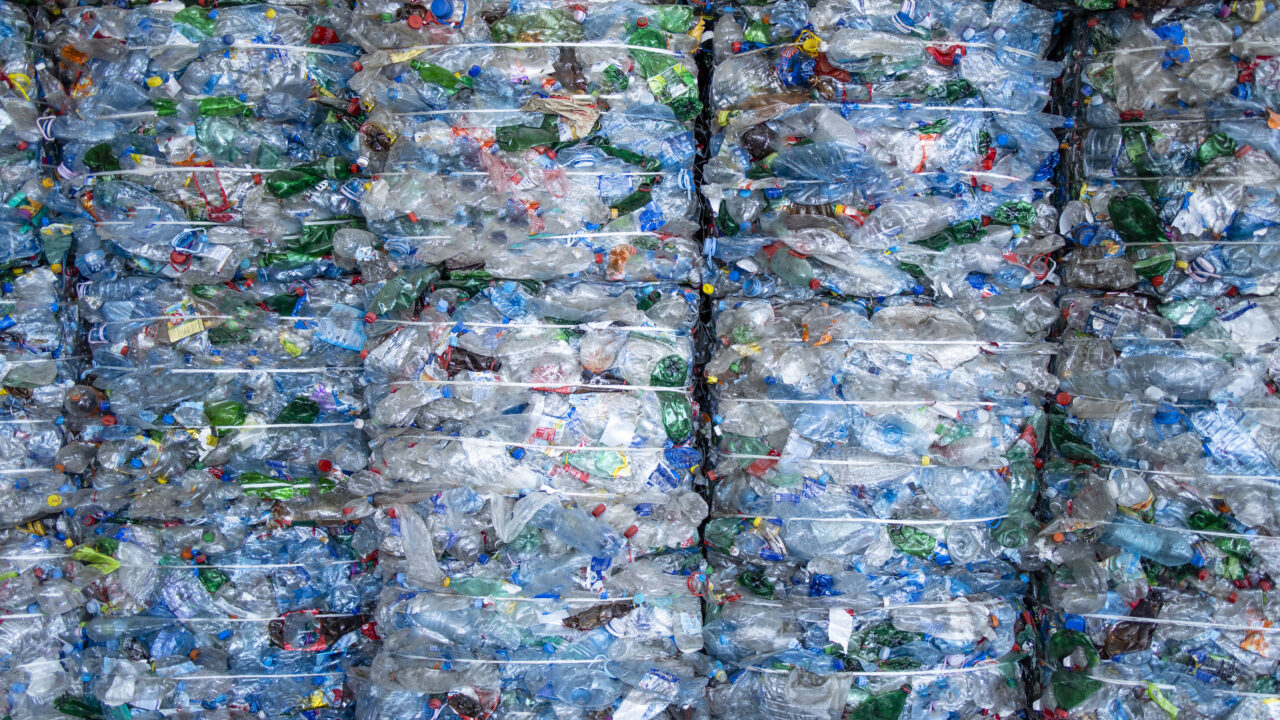The Sustainable Packaging Coalition (SPC) is excited to announce our new Paper Packaging Recyclability Collaborative.
Over the past few years, fiber-based packaging formats have become increasingly widespread thanks to innovations in barrier properties and fiber performance characteristics. Fibers are now available in packaging formats that used to be considered plastics-only territory (candy wrappers, pouches, berry punnets, for example).
The new Paper Packaging Recyclability Collaborative will build on the work of our previous Mixed Paper Collaborative, which culminated in 2022 with the resource: “How to Know if Your Paper Packaging is Recyclable.”
Register for the Paper Packaging Recyclability Collaborative’s First Meeting on August 6
With the Paper Packaging Recyclability Collaborative, the SPC will address member questions around the fiber recyclability testing landscape and work to build industry consensus on available paper packaging recyclability test methods.
We plan on including two work streams as part of the Collaborative. The first will support building industry consensus on available recyclability test methods and their use. The second is planned to address food residue, satisfy a specific area of concern voiced by SPC members, and convening industry stakeholders to collect data on the impact of food residue on paper packaging.
“With our new Paper Packaging Recyclability Collaborative, we’re tackling some of the most timely questions that companies are facing as they design innovative new paper-based packaging—questions like, ‘How do I test my package for recyclability across regional markets?’” said SPC Director Olga Kachook. “Our goal is to help companies confidently design paper-based packaging that will get recycled in a variety of geographies.”
If you’re an SPC member interested in getting involved with this Collaborative, join us for our first meeting on August 6 by registering here. If you have ideas for contributing to this Collaborative, you can reach out to us via email: collaboratives@greenblue.org. And if you’re interested in learning more about all of our Collaboratives, you can read more here.





